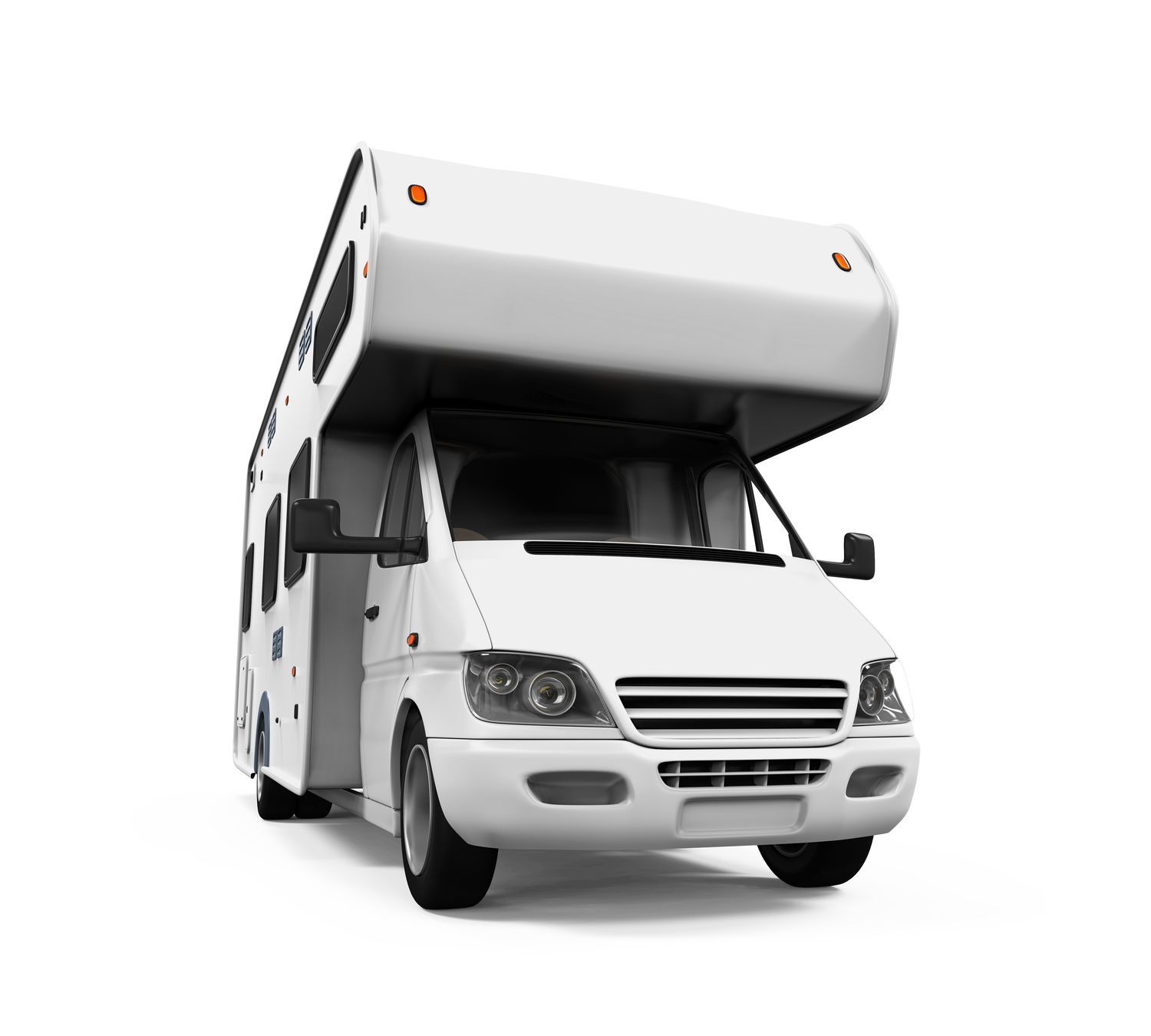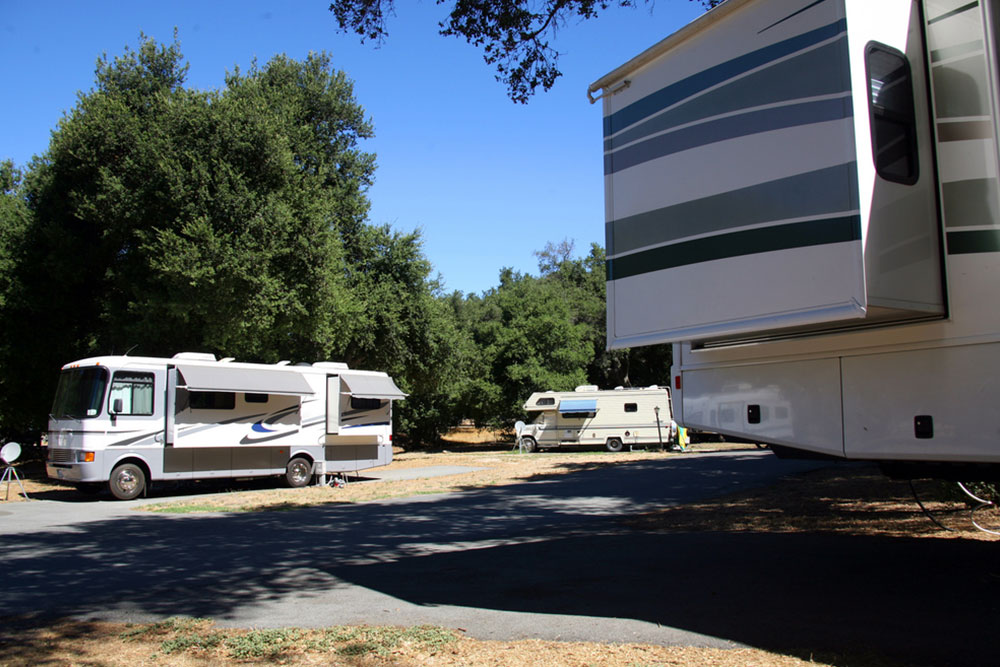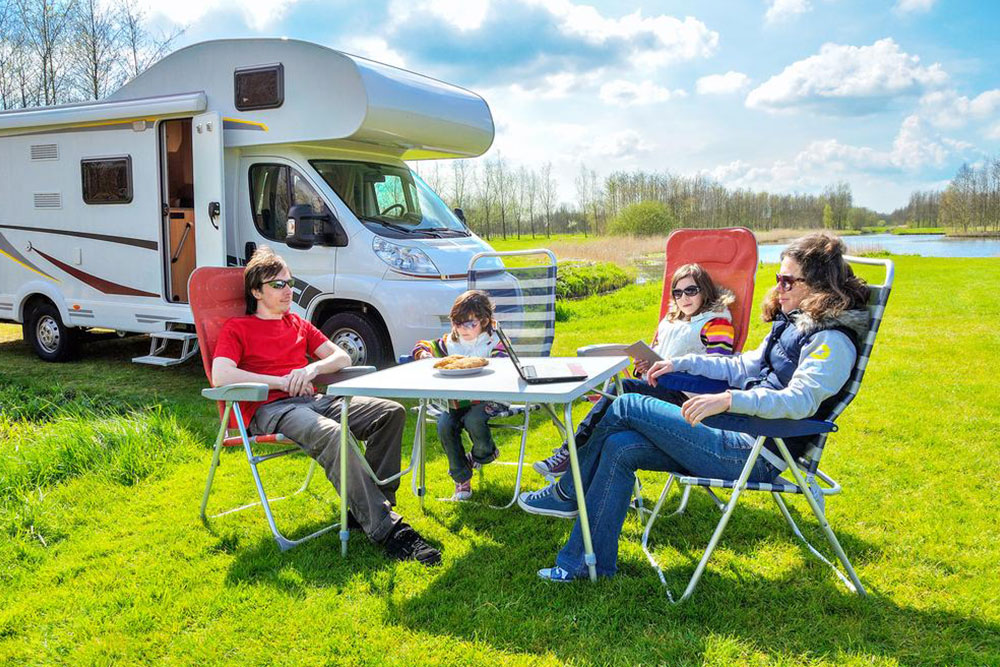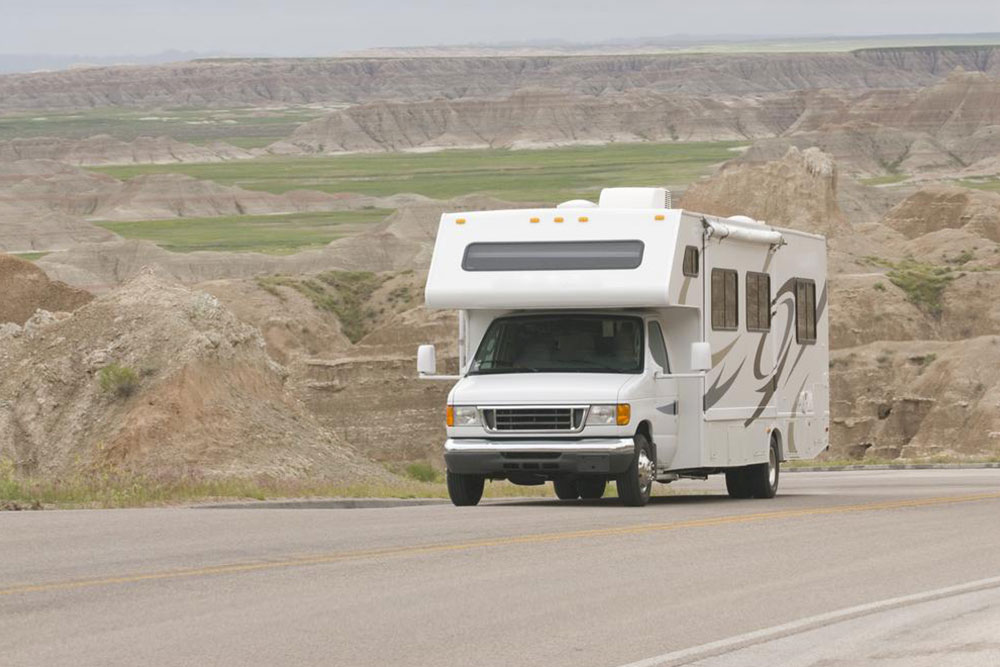Guide to Choosing a Trustworthy Used Camper Van
This comprehensive guide provides essential tips for selecting a reliable used camper van. It covers defining your needs, inspecting models, checking water and tire condition, verifying ownership, and negotiating prices. Following these strategies ensures a good investment for enthusiasts seeking affordable outdoor adventures. The article emphasizes thorough research, professional inspections, and cautious negotiations to help buyers find dependable vehicles for memorable camping experiences.

Guide to Choosing a Trustworthy Used Camper Van
1. Define Your Needs
Before browsing, determine what you require in a camper van. Consider:
Size and Floor Plan: How many will travel? Do you need separate sleeping areas, a complete kitchen, or a bathroom?
Budget: Establish a realistic budget, including potential repairs and upgrades.
Camping Style: Will you camp in established sites with hookups or go off-grid?
2. Explore Different Models
Investigate various brands and models suitable for your needs and known for durability. Use online reviews, forums, and RV websites to learn about common issues and strengths. Pay attention to feedback from owners to avoid potential pitfalls.
3. Perform a Thorough Inspection
Careful inspection is vital. Focus on:
Exterior: Check the roof, walls, and chassis for damage, rust, or leaks. Ensure seals around windows and doors are intact.
Interior: Look for signs of water damage such as soft spots, mold, or stains. Test appliances, plumbing, and electrical systems.
Mechanical Parts: Inspect slide-outs, awnings, hitch components, brakes, and lighting to confirm proper operation.
4. Water Damage Check
Water intrusion can be costly. Examine the roof, interior corners, and floors for leaks, softness, or stains. Using a moisture meter can help detect hidden issues.
5. Tire Condition
Ensure tires are in good shape, with adequate tread and no dry rot. Verify compatibility with the camper’s load requirements and consider tire age, as older tires can be hazardous.
6. Verify Ownership and Documentation
Ensure the camper has a clear title and matching VIN. Be cautious of salvage titles or other red flags indicating past damage or accidents.
7. Review Maintenance Records
Request documentation of regular maintenance and repairs. Well-maintained vehicles tend to be more dependable and have fewer future surprises.
8. Professional Inspection
Engage an RV inspection specialist for a comprehensive assessment. This can reveal issues you might overlook and save money long-term.
9. Price Negotiation
Use insights from your research and inspections to negotiate a fair price. Consider repair costs to ensure the deal fits your budget.
10. Warranty and Insurance
Check if any warranty coverage remains or if extended warranties are available. Also, explore insurance options to protect your investment.
11. Test Drive
If it's a motorized camper, take it for a test drive to evaluate handling and engine performance. For towables, confirm your vehicle can safely tow it and consider doing a trial tow.
12. Utilize Online Resources
Join RV forums and communities for tips. Use sites like RVTrader, Craigslist, and Facebook Marketplace, but verify seller credibility and watch for scams.
Acquiring a used camper van requires patience and careful evaluation. Adhering to these guidelines increases your chances of making a solid purchase, ensuring many enjoyable adventures. Take your time and don’t hesitate to walk away if something feels off; the perfect camper is waiting for you.


